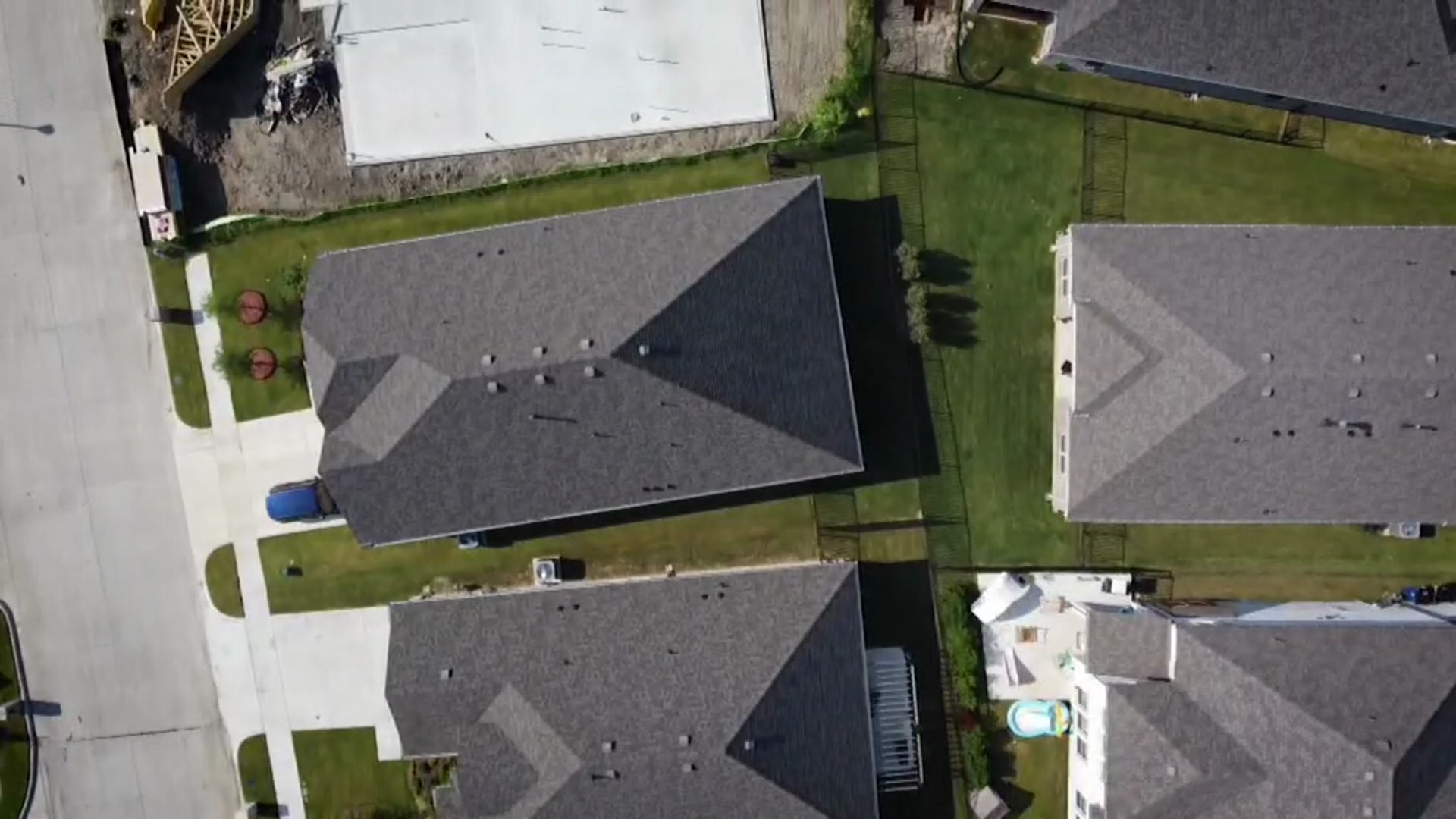Texans have paid $11.5 billion more for residential electricity than the national average under deregulation in “a massive drain” on the economy, two consumer groups claim in a report that raises troubling questions about how the state’s power supply is managed.
The analysis, one of the most detailed studies of Texas utility rates since deregulation began in 2002, concluded that consumers are overcharged by a system that is controlled by electric companies and fails in its primary goal -- to hold down rates by encouraging competition.
The 110-page report, titled “The Story of ERCOT: The Grid Operator, Power Market and Prices under Texas Electric Deregulation,” was released Monday. (See the entire report here.)
It was written by the Texas Coalition for Affordable Power and the Steering Committee of Cities Served by Oncor. The groups represent most major and mid-sized cities in the state, including Dallas, Fort Worth and Arlington.
From powering street lights to water plants, cities are among the biggest users of electricity and formed the coalition to hold down rates.
The study is highly critical of the Electric Reliability Council of Texas, or ERCOT, which manages the state’s power grid. The nonprofit organization supervises the flow of power across 40,000 miles of transmission lines to more than 22 million Texans.
Among the report’s findings:
- ERCOT has a “history of mismanagement.” Major projects have run “over budget and behind schedule.”
- ERCOT has increased spending and debt to “alarming levels.”
- Utility representatives “who have an incentive to craft market rules and policies that favor their economic interests” dominate ERCOT’s board and committees.
In 2009, the report found that 93 percent of Texans served by deregulated electric companies were charged above the national average. By comparison, 81 percent of customers outside deregulation paid less.
From 2009 through the first half of 2010, Texans saw higher rate increases than residents in all but six other states, the report said.
The study said Texas electric rates dropped overall last year because of the plummeting price of natural gas, which is used to fuel power plants. But Texas prices remained higher than those in other states, it added.
“Consistently high electricity prices under deregulation in Texas have led to a massive drain on the consumer economy,” the study said.
The report also detailed a history of corruption at ERCOT.
In 2005, four of ERCOT’s top managers were convicted in a kickback scheme involving “shell companies” that did no actual work. They all received lengthy prison sentences.
ERCOT said it was a victim of the fraud and applauded the prosecutions.
Last summer, another report by a management consultant hired by ERCOT itself, portrayed the organization as overstaffed with “a lot of dead wood with no process for handling poor performers.”
The report recommended cutting its staff from 700 to 534. In October, the grid operator eliminated 37 positions.
Meanwhile, a joint Texas Senate committee on Tuesday is set to hold hearings on the shortage of electricity that caused ERCOT to order rolling blackouts across the state Feb. 2.
Local
The latest news from around North Texas.
Critics have questioned sudden spikes in the wholesale price of electricity that day and whether power companies collected windfalls by creating artificial shortages.
ERCOT said the extreme cold caused 50 of its 550 generating units to shut down and thanked consumers for reducing demand after they were warned more rolling outages were possible to prevent a more widespread blackout.
The state has a website that allows people to search for the lowest price in their area: http://www.powertochoose.org/



